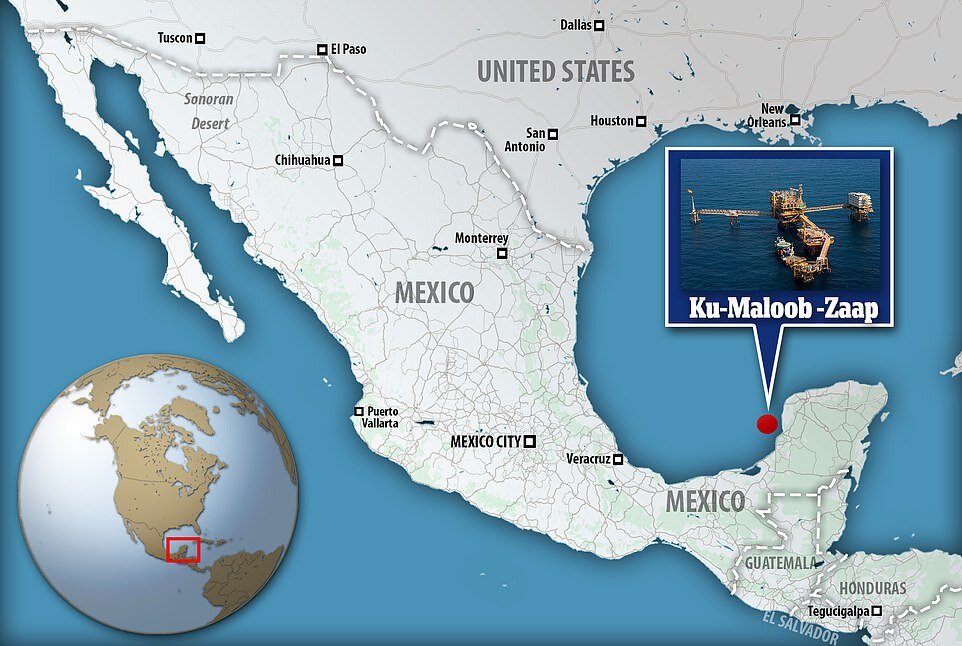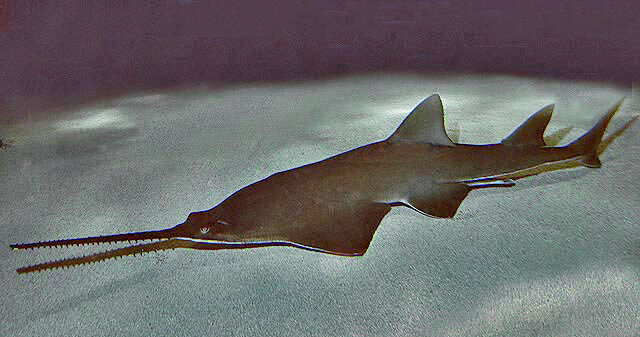UNDERWATER GAS LEAK MAJOR THREAT TO SHARKS AND OTHER OCEAN WILDLIFE
Many of you will have seen the recent images being released from the Gulf of Mexico. You could be forgiven for thinking they might be from a new natural disaster film set to be released in cinemas in the coming years. Unfortunately, the Armageddon-like scene, now being dubbed “The eye of fire” was very, very real and is a stark reminder of our dangerous reliance on fossil fuels.
The fire on the surface on the water erupted after a gas leak from an underwater pipeline sparked a blaze, according to the Pemex petrol company. The fire which burned for more than five hours was finally extinguished on Friday. The head of Mexico’s oil safety regulator ASEA tweeted that the incident “did not generate any spill’, but failed to explain what was burning on the surface of the water for over five hours.
Over the coming days and weeks it will be revealed whether there have been any diverse environmental impacts, with the usual indicators being oil stricken wildlife. However, despite what oil regulators and petrol companies will have you believe, the ocean being on fire is generally not a good thing.
The Gulf of Mexico is no stranger to oil related incidents, the most famous of which being the Deepwater Horizon oil spill back in 2010, of which approximately 134 million gallons of oil spilled into the ocean, the worst oil spill in history. The numbers of animals harmed by the spill was incredibly difficult to decipher, however estimates suggest the spill likely harmed or killed approximately 82,000 birds, 6000 sea turtles and 25,000 marine mammals. Even harder to calculate was the impact on marine fish species, including sharks and rays. Though there is no denying that already threatened elasmobranch species, such as the small-tooth sawfish, would have been negatively impacted.
This most recent incident acts as a reminder of our dangerous reliance on oil and other fossils fuels, and the inherent risks associated with our unsustainable use of them. When our oceans are on fire, the need for greener energies has never been clearer.
Words Kristian Parton



